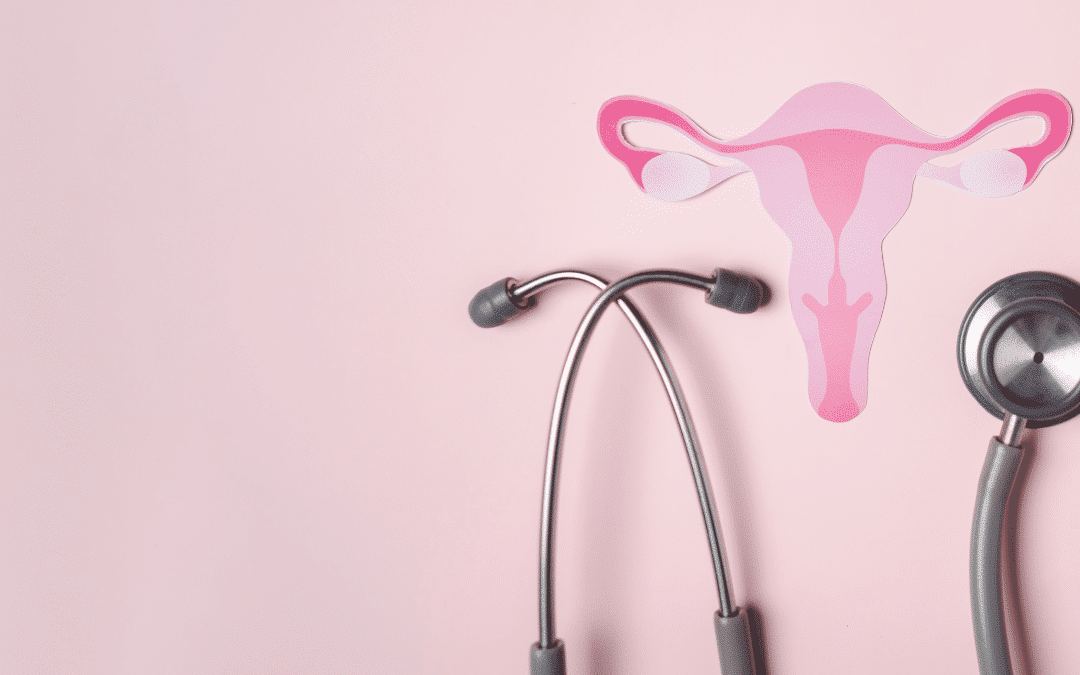Women often experience a profound link between hormones and migraine due to estrogen’s influential role. Research indicates that women are three times more likely than men to suffer from migraine, partly due to hormonal fluctuations. Estrogen, in particular, affects serotonin levels—a neurotransmitter pivotal in migraine mechanisms. Drops in estrogen levels, such as during ovulation and menstruation, correlate with decreased serotonin, potentially triggering migraine attacks. Conversely, higher estrogen levels during pregnancy typically lead to fewer migraine attacks. In contrast, the fluctuating hormone levels during menopause can exacerbate migraine initially, though symptoms may diminish as estrogen stabilizes. For further insights into how hormones impact migraine across life stages, explore our related posts on menstrual migraine, contraception’s effects, pregnancy, and menopause.
What is the link between hormones and migraine?
Extensive research has explored the relationship between hormones and migraine. Women, who experience greater hormonal fluctuation, are three times more likely than men to experience migraine. These fluctuations, particularly in estrogen levels, have been associated with triggering migraine attacks.
How is estrogen connected to the menstrual cycle and migraine?
Estrogen has been linked to the increased production and inhibited breakdown of serotonin, a neurotransmitter that plays a crucial role in migraine. When estrogen levels drop in the middle of the menstrual cycle, during ovulation, and at the end of the cycle, during menstruation, serotonin levels also decrease, triggering migraine attacks.
For more information, explore our posts on menstrual migraine and the impact of contraception on migraine.
What happens to estrogen levels during pregnancy?
Estrogen levels are higher during pregnancy. As such, women often experience a reduction in migraine frequency during pregnancy. For more information, see our post on pregnancy and migraine.
What happens to estrogen levels during menopause?
During the transition to menopause, hormone levels fluctuate, which can worsen migraine. Over time, estrogen levels stabilize, and migraine attacks may become less frequent or disappear completely. For more information, refer to our post on menopause and migraine.
References
- Todd C, Lagman-Bartolome AM, Lay C. Women and Migraine: The role of Hormones. Curr Neurol Neurosci Rep. 2018;18(7):42.
- Petrovski BE, Vetvik KG, Lundquist C, Eberhand-Gran M. Characteristics of menstrual versus non-mentrual migraine during pregnancy: A longitudinal population-based study. Journal of Headache and Pain. 2018;19:27-33.
Post#501



